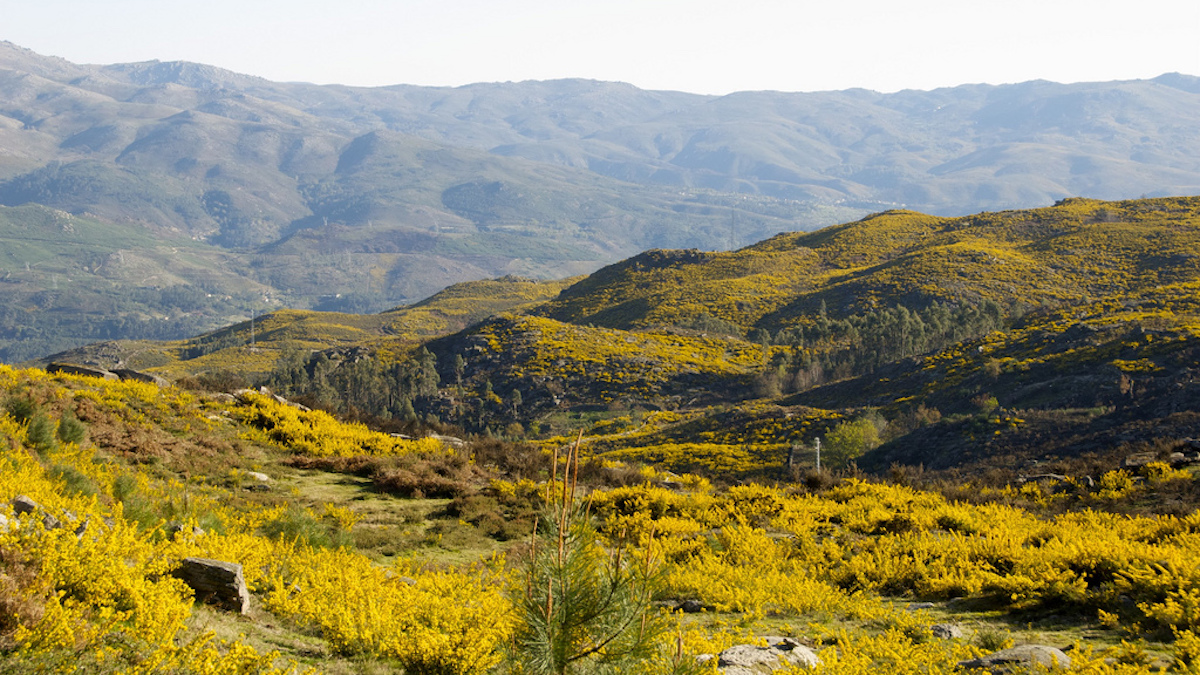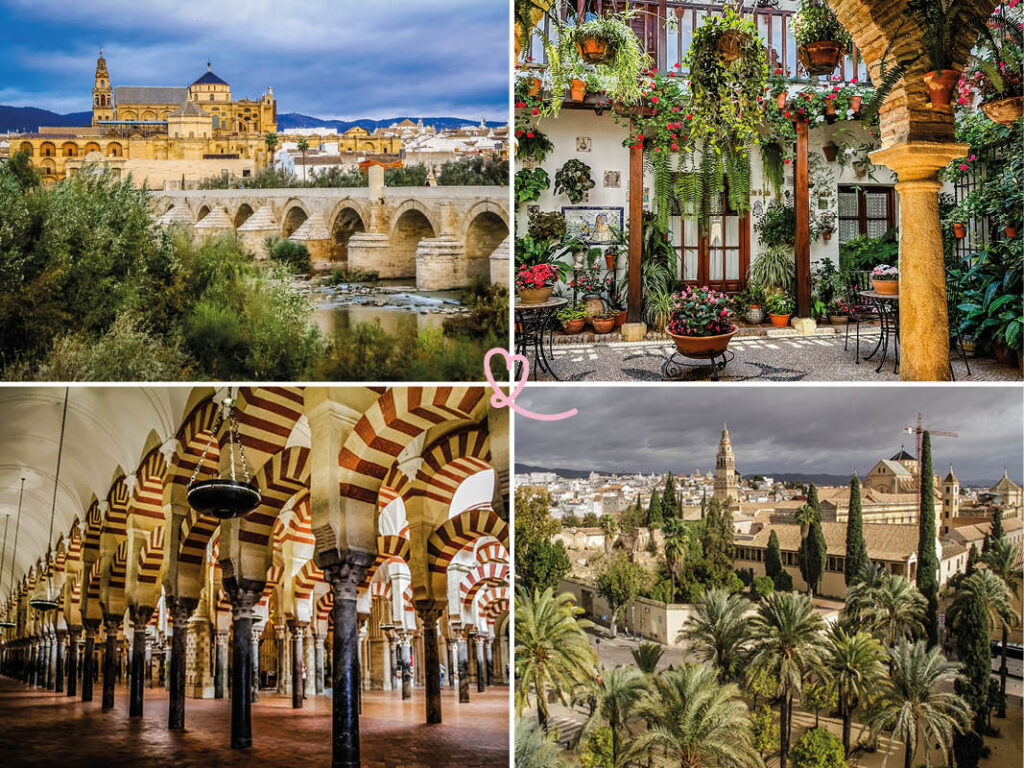Ecotourism Itineraries: Sustainable Activities and Connection with Nature in Travel

Exploring the Essence of Ecotourism
As the world shifts towards more sustainable practices, ecotourism itineraries emerge as an attractive option for conscious travelers. These journeys not only provide a respite from urban chaos but also foster a deeper connection with nature. Imagine exploring pristine landscapes while minimizing your environmental impact; this is the promise of ecotourism.
What Makes Ecotourism Unique?
Ecotourism stands out in the travel industry for its commitment to responsible practices. It prioritizes the protection of natural environments and emphasizes cultural sensitivity. Here are key features that make ecotourism remarkable:
- Sustainable activities: Activities like hiking on designated trails, wildlife watching in protected habitats, and engaging in community-led tours not only limit environmental damage but also enhance visitors’ experiences. For example, in the Great Smoky Mountains, hikers can explore trails while observing diverse flora and fauna, all while abiding by strict conservation measures.
- Education: Many ecotourism initiatives include educational components that enlighten travelers about local ecosystems, biodiversity, and conservation efforts. Travelers in Costa Rica, for instance, can take guided tours through cloud forests that teach them about the intricate balance of ecosystems and the importance of preserving endangered species.
- Community engagement: Ecotourism often involves collaborating with local communities, allowing them to share their culture and traditions. Whether it’s participating in a cooking class in a rural village in New Mexico or purchasing handmade crafts in a small-town market in Maine, these interactions support local economies and provide travelers with authentic experiences.
Why Choose an Ecotourism Experience?
Engaging with an ecotourism itinerary offers a variety of benefits, both for the traveler and the environment:
- Contributing to conservation efforts: By choosing ecotourism, travelers directly support initiatives aimed at preserving natural habitats and wildlife populations. Lodges in places like the Florida Everglades often funnel a percentage of their profits into conservation projects.
- Encountering diverse wildlife in their natural habitats: Unlike traditional tourism, which can often be crowded and fast-paced, ecotourism allows for serene wildlife experiences. In Yellowstone National Park, for instance, visitors can witness bison wandering freely, unsettling the carefully curated experiences of traditional tourist attractions.
- Enjoying immersive experiences that enrich personal growth: Eco-conscious journeys challenge travelers to reflect on their impact while broadening their understanding of different cultures and conservation issues. Participants in wilderness retreats along the Oregon coast might find themselves forming connections that lead to lasting changes in their personal eco-practices.
With a range of destinations across the United States—from the vast expanses of the Amazon Rainforest to the majestic old-growth forests of the Pacific Northwest—the allure of ecotourism lies in its ability to connect travelers with the environment. The enchanting landscapes, rich biodiversity, and cultural intricacies make ecotourism not just a travel choice, but a powerful statement for the future of global tourism. Join us as we delve deeper into sustainable activities that are transforming the travel landscape, ensuring that the beauty of our planet remains unspoiled for generations to come.
LEARN MORE: Click here to discover sustainable planning tips

Embracing Nature Through Ecotourism Itineraries
Embarking on an ecotourism itinerary provides an unparalleled opportunity to immerse oneself in the beauty of the natural world. Unlike conventional tourism, which may prioritize comfort over conservation, ecotourism includes a variety of sustainable activities that not only enrich travel experiences but also promote environmental stewardship. This harmonious relationship between travel and nature allows individuals to participate in adventures that enhance personal well-being while safeguarding the planet.
Engaging in Sustainable Activities
The essence of ecotourism lies in its wide array of sustainable activities designed to engage travelers with the environment. Here’s a glimpse of some eco-friendly experiences that travelers can explore:
- Guided Nature Walks: Accompanied by knowledgeable guides, these walks allow participants to delve deep into local ecosystems, observe native wildlife, and understand the significance of biodiversity. Places like the Florida Keys provide lush trails where travelers may spot endangered species such as the Roseate Spoonbill.
- Wildlife Rehabilitation Tours: In locations like the Center for Bird Rehabilitation in Texas, visitors can learn about the conservation efforts dedicated to rescuing and rehabilitating injured birds. Engaging in hands-on experiences, such as feeding and caring for these creatures, fosters a deeper appreciation for wildlife and inspires ongoing conservation efforts.
- Community-Based Conservation Projects: Travelers can take part in local initiatives such as tree planting in national parks or beach clean-ups that not only benefit the ecosystem but also strengthen community ties. Programs in areas like the Pacific Northwest often encourage participants to contribute to the preservation of coastal habitats while enjoying lush landscapes.
The Power of Connection with Nature
Participating in ecotourism activities encourages a profound connection with the natural world, cultivating a sense of responsibility towards environmental sustainability. Here are some ways eco-minded travel fosters this essential bond:
- Mindfulness in Nature: Engaging in ecotourism facilitates practices such as mindful hiking, where travelers learn to appreciate the sounds, smells, and sights of the wilderness. This immersive experience allows individuals to slow down, reflect, and cherish the beauty surrounding them.
- Cultural Immersion: Aside from appreciating nature, ecotourism itineraries often intertwine travel with local culture. Participating in traditional ceremonies or learning about indigenous practices in regions like the Navajo Nation not only enriches the travel experience but also fosters respect for diverse cultural heritages.
- Contributing to Local Communities: By prioritizing ecotourism, travelers directly support local economies and conservation initiatives. Whether buying handmade goods in local markets in New Mexico or contributing to community-based projects, each choice can impact the area’s socio-economic sustainability.
In a world where the effects of climate change and habitat destruction are profound, opting for ecotourism itineraries becomes a compelling choice for those who wish to travel consciously. As we continue to explore the many dimensions of ecotourism, from the stunning landscapes to the fascinating wildlife encounters, each journey serves as a reminder of our responsibility to protect the planet’s treasures. Dive further into the world of sustainable travel, and discover how your adventures can leave a lasting, positive impact on the environment and local communities.
| Advantages | Description |
|---|---|
| Environmental Conservation | Ecotourism promotes protection of ecosystems and wildlife habitats, ensuring sustainability. |
| Cultural Exchange | Travelers engage with local communities, leading to an enriched understanding of diverse cultures. |
| Health Benefits | Outdoor activities such as hiking and kayaking enhance physical fitness and mental well-being. |
| Economic Support | Tourism revenues directly support local businesses and conservation efforts, benefiting the community. |
Exploring ecotourism itineraries allows travelers to engage directly with their surroundings, forging a genuine connection with nature. This experience not only enhances appreciation for natural beauty but also educates visitors about the critical importance of preserving diverse ecosystems. For those interested in sustainable travel, the strategies employed in ecotourism itineraries make an impact. By engaging in activities that prioritize the environment, such as guided nature walks and wildlife stargazing, travelers can enjoy rich and immersive experiences while also making a positive contribution to conservation.Moreover, participation in local workshops helps bring awareness to traditional ecological knowledge, fostering greater understanding that can drive sustainable practices well beyond their travels. As environmental concerns grow globally, embracing ecotourism strategies reflects a commitment to safeguarding our planet, making every trip both enriching and responsible.
DISCOVER MORE: Click here to learn about creating thematic tourist itineraries</p
Exploring Diverse Destinations for Ecotourism
Ecotourism itineraries vary widely from breathtaking mountain retreats to pristine coastal environments, each offering unique opportunities to connect with nature sustainably. Choosing the right destination can enhance the experience, allowing travelers to not only witness the splendor of the Earth but also play an active role in its preservation. Let’s explore a few remarkable destinations that epitomize the ecotourism ethos.
Rainforest Adventures in Costa Rica
Costa Rica stands as a pioneer in ecotourism, home to an extensive network of national parks and reserves, such as Manuel Antonio National Park. Here, visitors can engage in activities like biodiversity hikes through tropical rainforests, where they can witness sloths lazily hanging from tree branches and colorful toucans soaring overhead. Guided tours focus on the preservation of these ecosystems while educating travelers on the importance of rainforest conservation. Moreover, organizations like the Costa Rican Tourism Institute promote sustainability by providing tourists guidance on leaving minimal footprints on the environment.
Wildlife Encounters in Alaska
Alaska offers some of the most dramatic landscapes and wildlife encounters in the United States. Ecotourists can explore breathtaking national parks such as Denali, home to North America’s highest peak, while participating in adventures like kayaking among glaciers and spotting grizzly bears in their natural habitat. Many local operators promote responsible wildlife viewing that ensures animal welfare and environmental protection. Engaging in practices such as “leave no trace” ensures that the delicate ecosystems remain untouched and thriving for generations to come.
Desert Wonders in the Southwestern USA
The deserts of the Southwestern United States, including the stunning landscapes of Arches National Park in Utah or the diverse ecosystems of the Sonoran Desert, provide unique opportunities to engage with nature through ecotourism. Activities such as guided night hikes unveil the splendor of the desert’s nocturnal life while teaching travelers about the delicate balance of these arid environments. Local guides often integrate indigenous knowledge into their tours, offering insight into how native communities have lived sustainably off the land for centuries. Participating in such experiences fosters respect for the land and encourages visitors to practice sustainable habits even beyond their travels.
Marine Conservation in the Florida Keys
The Florida Keys represent a prime destination for ecotourism, known for its vibrant coral reefs and marine life. Visitors can engage in snorkeling and diving tours that not only allow them to marvel at underwater ecosystems but also emphasize the critical role of marine conservation. Conservation organizations often collaborate with tour operators to educate participants on coral reef restoration initiatives and the impact of climate change on marine habitats. This connection deepens the understanding of how personal choices impact the oceans, inspiring responsible actions both on and off the water.
These destinations exemplify how ecotourism itineraries can offer rich experiences that celebrate natural beauty while promoting sustainability. From breathtaking rainforests and majestic mountains to awe-inspiring deserts and vibrant oceans, ecotourists are empowered to build a meaningful relationship with the environment. Each adventure serves not only as a journey but as a testament to the potential of travel to foster collective stewardship for our planet’s diverse ecosystems.
DISCOVER MORE: Click here to learn about how travel duration impacts customer satisfaction!
Conclusion
In an era where environmental consciousness is paramount, ecotourism itineraries present a unique opportunity to engage with nature responsibly while ensuring its preservation for future generations. The diverse destinations highlighted—from the lush rainforests of Costa Rica to the stunning marine environments of the Florida Keys—illustrate how travel can foster a profound connection with the Earth, urging visitors to become active stewards of our planet.
Moreover, the integration of sustainable practices, such as responsible wildlife viewing in Alaska and cultural education in the Southwestern deserts, emphasizes the importance of respecting local communities and their ecosystems. Through thoughtful engagement, tourists can witness the delicate balance of nature, grasping the impact of their actions on the environment.
As travelers increasingly seek authentic experiences, the rise of ecotourism beckons a new wave of tourism that values conservation over consumption. It not only safeguards the stunning landscapes and biodiversity that captivate our hearts but also empowers individuals to make informed choices that resonate beyond their travels. For those eager to explore the world while making a positive impact, embracing ecotourism itineraries may well be the most fulfilling journey of all.
As you plan your next adventure, consider how your travels can contribute to sustainability and embrace the transformative power of connection with nature. Discovering the world’s wonders while championing its preservation could redefine the way we experience travel.
